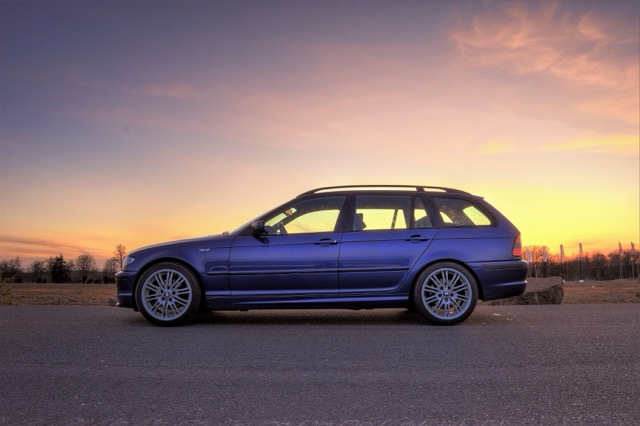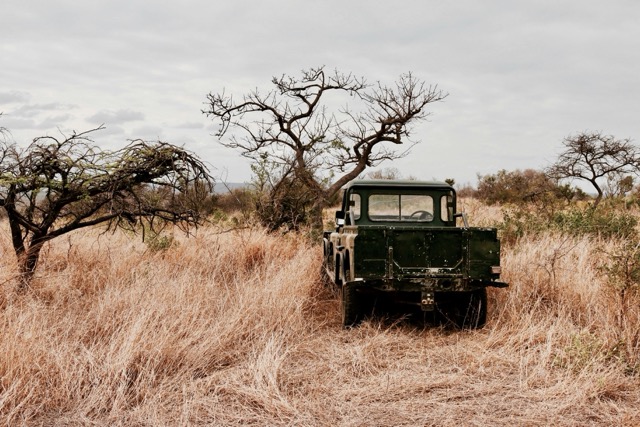In the fast-paced world of motorsport, where speed rules and noise reigns, the introduction of hybrid engines has created quite the buzz. Picture this: cars that can go fast enough to make your grandma’s heirloom china rattle while also being gentle enough on the environment to have Mother Nature smiling from her cloud. With automakers racing to adapt to greener technologies, one question looms larger than a tire-streaked racetrack: Are hybrid engines the future of motorsport? Buckle up as we take a joyride through the intricacies of hybrid power in racing.
Hybrid Engines: The Lovechild of Power and Eco-Friendliness
Hybrid engines are like that quirky couple you see in romantic comedies—seemingly incompatible yet somehow perfect together. They combine the raw power of traditional combustion engines with the sleek efficiency of electric motors. Imagine the roaring engine of a classic race car, now with a sidekick whispering, “Hey, let’s save some trees!” This hybrid love story is not just about keeping the environment happy; it’s about creating a new breed of racing machines that can deliver thrilling performance while minimizing their carbon footprint.
One of the most intriguing aspects of hybrid engines is their ability to recover energy that would otherwise be lost. When drivers slam on the brakes (and we all know they do), hybrid systems capture that kinetic energy, transforming it into electric power. This means that while one driver is busy peeling rubber off the track, another is busy charging his engine. It’s almost like a game of who can create the most drama while being eco-conscious—talk about multi-tasking!
However, let’s not kid ourselves—hybrid engines are not all rainbows and butterflies. Some purists argue that the soul of racing lies in the roar of a gasoline engine. They see hybrids as the tofu burgers of the motorsport world: healthier, sure, but lacking the juicy thrill of a 600-horsepower V8. Is it possible for hybrid engines to capture the hearts of these die-hard enthusiasts, or will they forever be relegated to the sidelines with a sad little “eco-friendly” sticker?
Fast Cars, Slow Pollution: Can We Have Both?
In a world striving for sustainability, the challenge lies in finding ways to cut down on racing’s notorious carbon footprint. Hybrid engines offer a tantalizing solution, allowing cars to race at blistering speeds while simultaneously addressing environmental concerns. It’s like finding a way to eat cake and lose weight—an impossible dream, yet somehow achievable.
The buzz surrounding hybrid motorsport is already palpable, with racing series like Formula E leading the charge. They’ve managed to create an entirely electric racing environment where the only thing being burned is rubber (and maybe a few egos). But can hybrid engines take the spotlight in more traditional series? The answer seems to lean in favor of the hybrid brigade as they pump a dose of eco-friendliness into the blood of racing.
Yet, while we dream of a day when our heroes on the track can save the planet, we must come to terms with the fact that hybrid technology is not quite there yet. As exciting as the prospect of reducing pollution is, hybrid engines still face obstacles related to battery life, weight, and the overall complexity of design. So, while we cheer for a future that embraces both speed and sustainability, we may need to accept that it’s still a work in progress—much like our attempts to parallel park.
The Pit Stop That Doubles as a Charging Station? Fun!
Imagine the scene: a race car zooming down the track, tires burning as it skirts the edge of control, only to slide into the pit stop, where a crew of mechanics is waiting to refuel—and recharge! It’s the perfect blend of a traditional pit stop and an electric vehicle charging session. If only there were enough space for a cozy coffee shop in there, we’d have the ultimate motorsport pit experience!
However, this innovative pit stop concept brings with it a series of logistical challenges. Will there be enough charging stations? And how long will it take for the cars to plug in and power up? The clock is ticking, and with adrenaline-fueled fans on the edge of their seats, the pressure is on. One miscalculation during a stop could lead to a race lost, along with the hopes of green enthusiasts and speed freaks alike.
And let’s not forget the delightful chaos that could ensue. Imagine a crew member running around frantically searching for a charging cable while the driver impatiently taps the steering wheel. What happens if a mechanic accidentally unplugs the wrong car? Talk about pit stop drama! While the concept of a charging station at a pit stop sounds exciting, it also brings an element of unpredictability that could either electrify the competition or lead to a comical disaster.
Race Day Drama: Will the Hybrid System Overheat Again?
The world of motorsport is synonymous with drama—high-speed chases, nail-biting finishes, and the ever-looming threat of mechanical failure. Enter hybrid engines, which come with their own set of potential catastrophes. Can you hear the collective gasp from fans as teams pray their hybrid systems don’t overheat like a toddler in summer? It’s a whole new layer of suspense!
With hybrid engines, we have a cocktail of traditional combustion and electric power, giving rise to a unique set of challenges. Drivers and teams must carefully monitor battery levels, coolant temperatures, and energy recovery systems while trying to navigate the perils of high-speed racing. It’s like juggling flaming torches while riding a unicycle—exciting yet fraught with the possibility of disaster.
But isn’t that what makes motorsport so captivating? The potential for failure adds to the thrill. Fans find themselves cheering for their favorite drivers, while simultaneously holding their breath every time the hybrid system kicks in. Will it roar to life, or will it sputter and die faster than a cat in a dog park? The uncertainty keeps everyone on the edge of their seats—because nothing says “motorsport” quite like an imminent meltdown!
Eager Fans or Just Eager Battery Packs? A Mixed Bag!
When it comes to hybrid engines in motorsport, reactions among fans can vary wildly, much like the race cars themselves. On one hand, we have fans who are simply ecstatic about the eco-friendly shift, celebrating the fact that their favorite sport is making strides toward sustainability. They see hybrid engines as the future, a way to preserve the excitement of racing while being kind to Mother Earth. After all, who doesn’t love a good plot twist?
On the other side of the track, we have the purists—a group whose loyalty lies firmly with the growl of a V8 engine. These die-hard fans view hybrids with skepticism, feeling that the soul of racing is being watered down like a cheap drink at a bar. They may appreciate the technology but can’t help but feel a pang of nostalgia for a time when racing was all about the roar, the smell of gasoline, and the ear-splitting chaos of combustion engines.
In the end, it appears that motorsport enthusiasts are a mixed bag—like an assorted box of chocolates, you never know what you’re going to get. Some will embrace the future with open arms, while others will cling to the past like a tire on a rain-soaked track. The real question is whether the excitement of racing can be maintained while modernizing it. Only time will tell if the battery packs can keep up with the eager fans!
Racing Into the Future: Will Hybrid Engines Take the Trophy?
As we approach the finish line of this discussion, the future of hybrid engines in motorsport looks promising—at least, as promising as a last-lap overtaking maneuver! The blend of efficiency and performance has paved the way for a new era of racing that intrigues both environmentalists and speed enthusiasts. Will hybrid engines take the trophy? Only time—and a few more laps around the track—will tell.
For proponents of hybrid technology, the potential benefits are hard to ignore. As racing series evolve and adapt, hybrid engines may become the new standard, leading to a shift in how the world perceives motorsport. Just imagine a future where fans cheer not only for their favorite racers but also for the innovative technology powering them. If hybrid engines can meet the demands of the sport while keeping the thrills alive, they may very well take center stage.
Yet, as we raise our glasses (perhaps filled with organic juice) to toast the future, we should remember that the road will not be without bumps—and maybe a few hiccups. Whether hybrid engines are heralded as the saviors of motorsport or merely a passing phase will depend on how well they can blend speed with sustainability without leaving the roar of traditional racing in the dust.
As we exit the racetrack of this discussion, the debate over hybrid engines in motorsport continues to rev up excitement among fans and racers alike. Whether they’re the future or just a pit stop along the way, one thing’s for sure: motorsport will keep evolving, and we’ll be here, popcorn in hand, watching the drama unfold. So, whether you’re a fan of the roaring V8s or the sleek hum of hybrid engines, buckle up—because the race to the future is just getting started!










